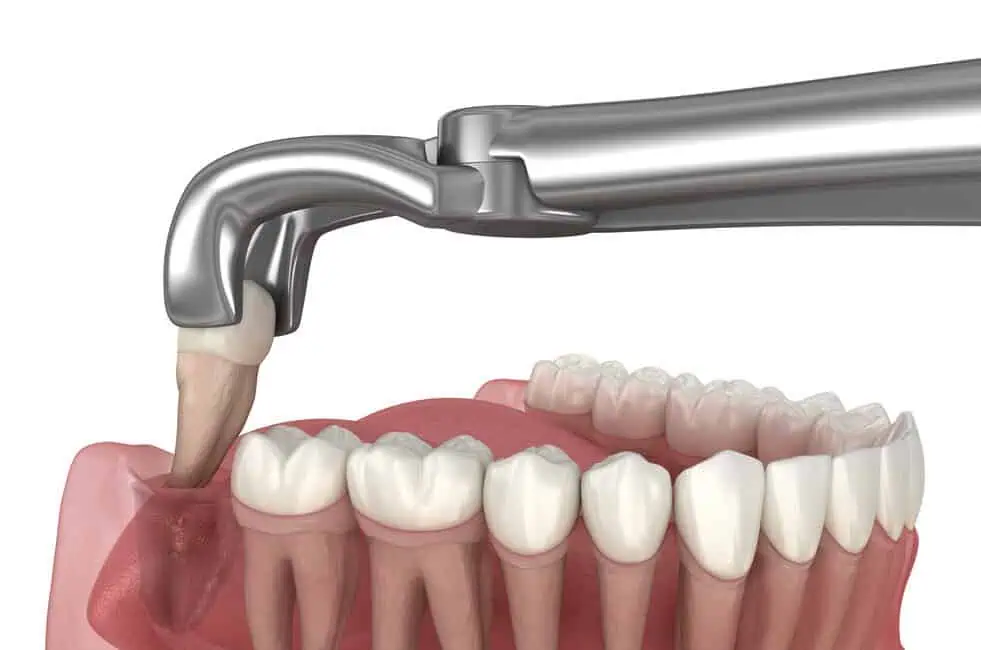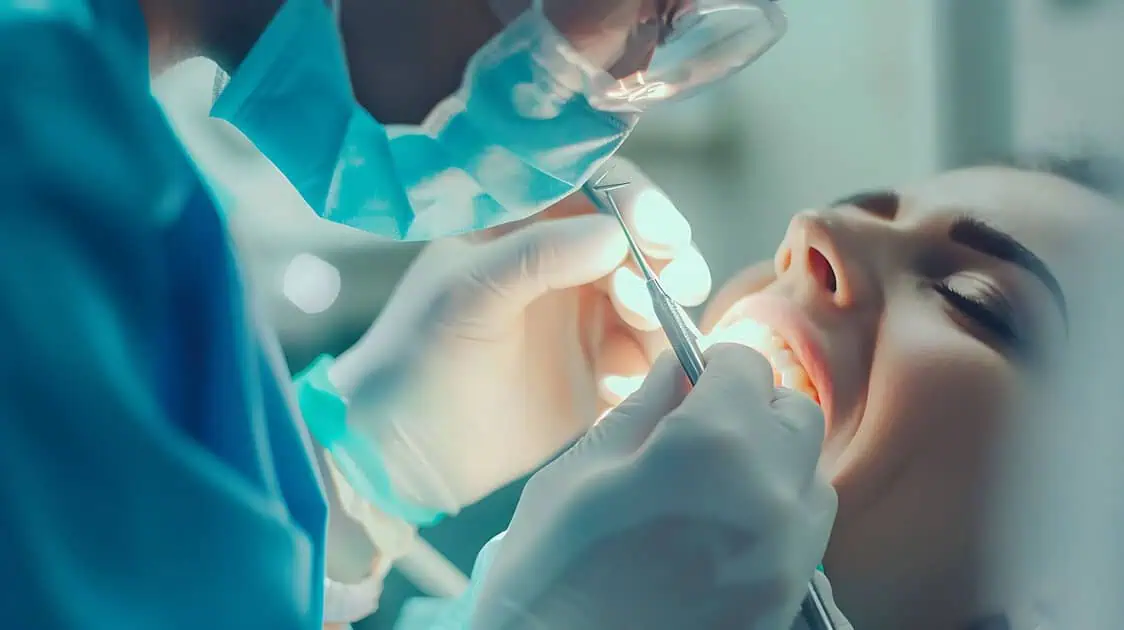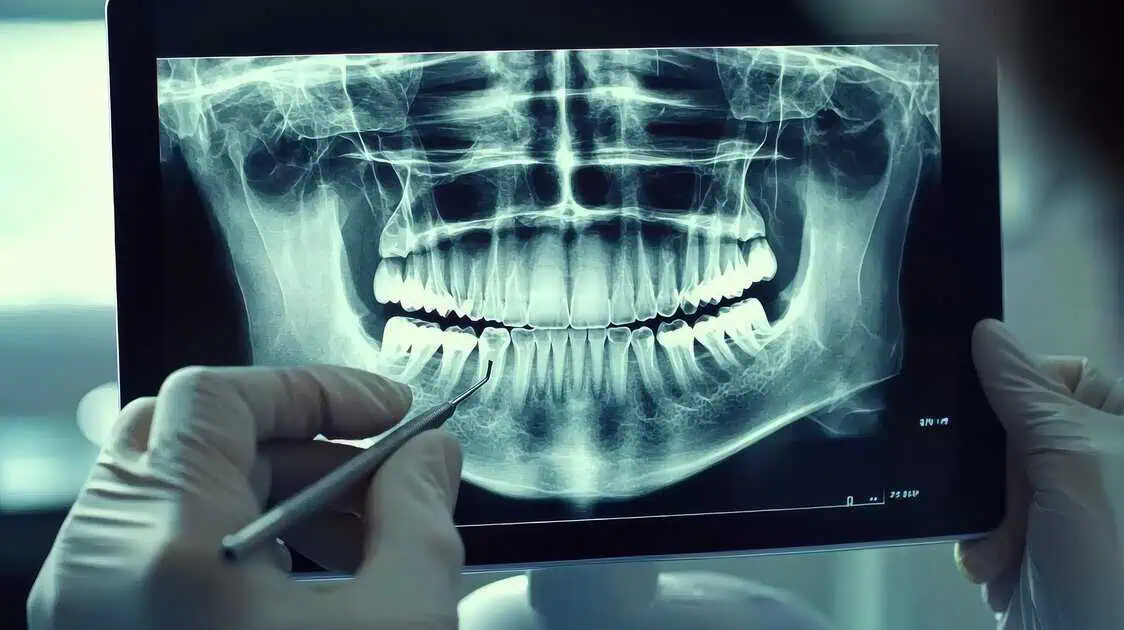Dental restorations such as crowns, bridges, and onlays help restore teeth’ function and appearance. These treatments address various dental problems, including damage, decay, and missing teeth. Crowns cover and protect compromised teeth, bridges fill gaps left by missing teeth, and onlays repair extensive damage without the need for a full crown. Each of these options is tailored to meet specific dental needs, providing effective solutions to maintain oral health and a confident smile. Knowing the benefits of crowns, bridges, and onlays can assist in making informed decisions about dental care.
Dental Crowns
Dental crowns are custom-made caps designed to cover and protect damaged or weakened teeth. They restore the tooth’s shape, size, strength, and appearance, making them a versatile solution for various dental issues.
Purposes of Dental Crowns
- Protection: Crowns shield weak or cracked teeth from further damage, acting as a protective barrier.
- Restoration: They restore the function of broken or severely worn teeth, allowing for normal biting and chewing.
- Cosmetic Improvement: Additionally, crowns can improve the visual appeal of stained or malformed teeth, making a smile seem more appealing.
- Support for Dental Work: They hold dental bridges in place and cover dental implants, providing stability and support.
Procedure for Getting a Dental Crown
- Consultation and Examination: The dentist evaluates the need for a crown and discusses treatment options.
- Tooth Preparation: The affected tooth is shaped to make room for the crown, and any decay is removed.
- Impression: An impression of the tooth is taken to create a custom crown that fits perfectly.
- Temporary Crown: While the permanent crown is currently being produced, the prepared tooth is covered with a temporary crown.
- Crown Placement: Once the custom crown is ready, it is cemented onto the prepared tooth.
Benefits of Dental Crowns
- Durability: Crowns can last many years with proper care.
- Functionality: They restore normal function, allowing you to eat and speak comfortably.
- Aesthetics: Modern crowns blend seamlessly with natural teeth, improving the overall appearance of your smile.
- Protection: Crowns prevent further damage and decay of compromised teeth.
Aftercare for Dental Crowns
Maintaining good oral hygiene is crucial. Regular brushing, flossing, and dental checkups help ensure the longevity of crowns. Avoiding hard foods and not using teeth as tools can prevent crown damage.
Dental Bridges
Dental bridges replace one or more missing teeth, helping restore both function and appearance. They consist of one or more artificial teeth, known as pontics, which are anchored by crowns placed on the adjacent natural teeth or implants.
Purposes of Dental Bridges
- Restoring Function: Bridges help restore the ability to chew and speak properly, which can be affected by missing teeth.
- Maintaining Facial Structure: Missing teeth can lead to a sunken formation in the face; bridges help maintain the shape of the face.
- Preventing Teeth Shifting: Gaps left by missing teeth can cause the remaining teeth to shift out of position, leading to bite problems and other dental issues.
- Enhancing Aesthetics: Bridges fill the gaps left by missing teeth, providing a complete and natural-looking smile.
Procedure for Getting a Dental Bridge
- Consultation and Examination: The dentist assesses the condition of your teeth and discusses suitable bridge options.
- Tooth Preparation: The abutment teeth (teeth on either side of the gap) are prepared by removing a portion of enamel to make room for the crowns.
- Impressions: Impressions of the teeth are taken to create a custom-fit bridge.
- Temporary Bridge: A temporary bridge is placed to protect the exposed teeth and gums while the permanent bridge is being made.
- Placement: Once the custom bridge is ready, it is checked for fit and color before being permanently cemented in place.
Benefits of Dental Bridges
- Restored Functionality: Bridges enable normal biting and chewing, which can be difficult with missing teeth.
- Improved Appearance: They provide a natural-looking solution to gaps, enhancing the overall appearance of your smile.
- Durability: With proper care, bridges can last many years.
- Maintained Oral Health: By filling gaps, bridges prevent remaining teeth from shifting and help maintain proper alignment.
Aftercare for Dental Bridges
Maintaining good oral hygiene is essential. Regular brushing and flossing, particularly around the bridge area, help prevent decay and gum disease. Frequent dental exams guarantee that the bridge is maintained in excellent condition and that any problems are quickly resolved.
Dental Onlays
Teeth that require considerable repair but do not require a full crown can be fixed using dental onlays, commonly referred to as partial crowns. They cover the damaged area of a tooth and can extend to cover one or more cusps.
Purposes of Dental Onlays
- Restoration of Large Cavities: Onlays are used to repair teeth with large cavities that cannot be adequately restored with traditional fillings.
- Repair of Fractured Teeth: They are ideal for teeth that have fractures or significant damage that does not extend to the entire tooth.
- Conservation of Tooth Structure: Unlike full crowns, onlays preserve more of the natural tooth structure, making them a more conservative treatment option.
- Enhanced Durability: Onlays provide a durable solution, especially for the chewing surfaces of back teeth.
Procedure for Getting a Dental Onlay
- Consultation and Examination: The dentist evaluates the damaged tooth and discusses the treatment plan.
- Tooth Preparation: The decayed or damaged portion of the tooth is removed, and the tooth is reshaped to fit the onlay.
- Impressions: Impressions of the tooth are taken to create a custom onlay that fits precisely.
- Temporary Onlay: A temporary onlay may be placed to protect the tooth while the permanent onlay is being made.
- Placement: The custom onlay is bonded to the tooth, restoring its shape, strength, and function.
Benefits of Dental Onlays
- Aesthetics: Porcelain and composite onlays blend seamlessly with natural teeth.
- Strength and Durability: Onlays can withstand significant chewing forces, especially when made from durable materials like gold or porcelain.
- Preservation of Tooth Structure: Onlays are a conservative treatment, preserving more of the natural tooth compared to full crowns.
- Longevity: With proper care, onlays can last many years.
Aftercare for Dental Onlays
The lifespan of dental onlays is contingent upon the maintenance of appropriate oral hygiene. Frequent dental checkups and brushing and flossing assist in preventing decay and guarantee that the onlay lasts for a long time. Avoiding very hard foods and not using teeth as tools can also protect the onlay from damage.
Choosing the Right Dental Restoration
Selecting the appropriate dental restoration—whether a crown, bridge, or onlay—depends on the specific condition and needs of your teeth.
Dental Crowns
Crowns are ideal for:
- Severely damaged or decayed teeth.
- Teeth that have undergone root canal treatment.
- Cosmetic enhancements for discolored or misshapen teeth.
- Reinforcing teeth with large fillings or fractures.
Dental Bridges
Bridges are suitable when:
- One or more teeth are missing.
- There is a need to prevent the remaining teeth from shifting.
- Restoring normal chewing and speaking abilities is a priority.
- Maintaining facial structure and aesthetics is necessary.
Dental Onlays
Onlays are best for:
- Teeth with large cavities that do not require a full crown.
- Conserve as much natural tooth structure as possible.
- Providing a durable solution for chewing surfaces.
Making the Decision
When deciding which treatment is best, consider the damage’s extent, the affected teeth’ location, and your long-term dental health goals. Consulting with a qualified dentist will provide you with a personalized recommendation based on a thorough examination and your specific dental needs.
Takeaway
Take the first step towards a healthier, more confident smile with 24 Street Dental Biltmore. Whether you need a crown to shield a damaged tooth, a bridge to substitute missing teeth, or an onlay for a conservative restoration, Dr. Colleen Donnelly is here to provide the highest quality care. Contact us for your consultation today and discover personalized dental solutions tailored to your needs.







